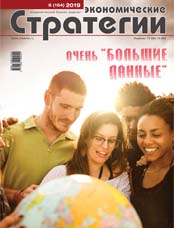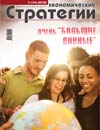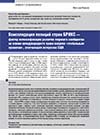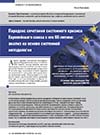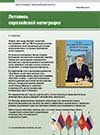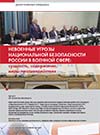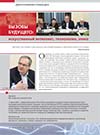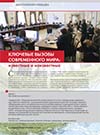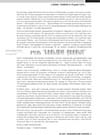Сonsolidation of the BRICS Countries Positions — a Factor of Intensification of the World Community Development on the Basis of International Law in Defiance of the “Global Rules” That Meet the Interests of the USA
DOI: 10.33917/es-6.164.2019.60-66
Formation of the world system after the Second World War was based on international law, but later the United States began to apply efforts to subdue the development of the world system to the rules and norms developed by them. With collapse of the USSR and the socialist countries bloc, the US hegemony has gained dominant importance, underpinned by both transformation of functions and replacement of appropriately trained personnel of the UN, IMF, WB, WTO and a number of international organizations and NGOs created in different countries. The dominant position of the USA could be remedied at the level of international organizations, without altering the existing international community. Сonsolidating positions of the BRICS countries, primarily at international forums, can provide restoration of justice in the world community development, including preservation of the sovereignty, historical, sociocultural and religious identity of nations and peoples in order to ensure steady increase in the well-being of the world’s population, external and domestic policy independence, can establish mutually beneficial economic cooperation and political partnership meeting the national interest, as well as to eliminate interference in the internal affairs of third countries, attempts to change political regimes therein. The article discusses examples of pressure on the BRICS countries, attempts to exercise a destabilizing effect on the part of Western countries aimed at separation of the BRICS members; it analyzes the role of “soft power” in the foreign policy contour of the BRICS states in the regions where they play the role of development locomotives. Based on results of the analysis, relevant conclusions are drawn and suggestions are made


